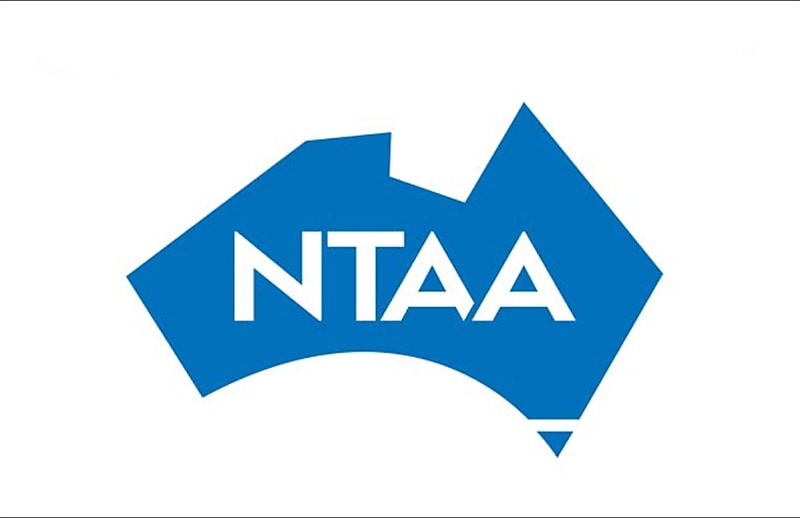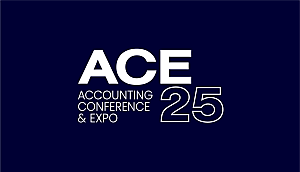You’re out of free articles for this month
Following the announcement of the Inspector-General of Taxation and Taxation Ombudsman’s (IGTO) review into the phone line, the NTAA submitted a submission welcoming the move.
The NTAA said feedback from its members suggested that the registered phone line was not delivering needed professional support, that wait times were excessive, frontline staff lacked adequate training, and the escalation process was inconsistent.
The submission also highlighted the inefficiencies introduced by the client-agent linking system and an overall decline in service standards over the past five years.
Geoff Boxer, chief executive at the NTAA, said the IGTO review was crucial in uncovering the inconvenience of a critical service that underpinned the tax system.
“Our members are highly qualified professionals who act on behalf of their clients and, by extension, support the ATO’s broader compliance and collection goals,” Boxer said.
“Despite this, they feel unsupported, unheard and increasingly blocked by slow, inconsistent, and ill-suited systems for professional use. While our members remain committed to working constructively with the ATO, the consensus is that the current registered agent phoneline model is unsustainable.”
According to member feedback received by NTAA, the wait times of the phone line lasted from anywhere between 20 minutes to over two hours and included repetitive, unnecessary, pre-call recorded messaging.
NTAA members also revealed that this process made them feel like novices, rather than experts of the profession, and that it jeopardised an agent’s accountability to their deadline based on the unreliable nature of the line.
The area that drew the most substantial feedback was the perception that inexperienced staff were being placed on the frontline of agent support.
NTAA was told by members that staff appeared to read scripted responses and often did not understand the question, leading to incorrect or incomplete escalation.
This sentiment was echoed by James Scott, founder of JD Scott & Co Chartered Accountants, who said it was challenging to obtain accurate answers more often than not.
Speaking to Accountants Daily, Scott said the tax agent phone was “hit or miss” and there was a definite slip in its functionality and reliability over the past few years.
“There are some fantastic people who can help you quickly, but on the flip side there are also some people who are not so good at what they’re doing, who can’t navigate the ATO processes. I suspect it comes down to training, but that’s just a guess on my experience,” Scott said.
“Sometimes, you can ask somebody a question, get an answer, ring back 3 weeks later and get told that you were originally given the wrong answer. It’s hit or miss as an overall comment, which is really unfortunate because we as agents rely on that line.”
Scott said the inconsistency in wait times and accurate answers cost agents valuable time and money, as simple tasks easily became far more complex.
An NTAA member reported that complaint resolutions used to take three to five business days and now take up to 10 weeks with instances of complaints being closed with no resolution or contact.
Boxer said these inefficiencies were not just frustrating for tax practitioners, but were economically damaging, with unbillable hours mounting and client trust eroding.
The client-agent linking system was also among the most common sources of tax agent dissatisfaction as it was not fit for purpose and was at odds with how small businesses operated and acted as a barrier between taxpayers and their representatives.
The submission included potential review recommendations aimed at improving phone line functionality and tax agents' experience with it.
Recommendations included re-establishing the tax agent phone line team, streamlining the call pathway to remove pre-recorded messages and improving staff training in legislative accuracy, communication skills and escalation protocols.
In addition to this, NTAA suggested implementing a ‘tax agent prioritised’ callback system, providing dedicated phone support for making the client-agent linking process more agent-driven and time efficient and ensuring complaint officers had the authority and resources to resolve issues with clear resolution timeframes and transparency.
Boxer said NTAA welcomed the IGTO review and hoped improvements could be made to the phone line.
“We have observed a significant and growing level of dissatisfaction from agents, whose feedback paints a picture of a system under strain, staffed by undertrained operators, governed by unclear protocols and failing to meet the professional standard required by those who rely on it,” he said.
“We urge the IGTO to recommend meaningful, structural reform of the ATO’s agent phone service. The issues we have outlined are not isolated – they are systemic. Fixing them will save time, reduce cost, and rebuild the trust essential to an effective taxation system.”

 Login
Login






